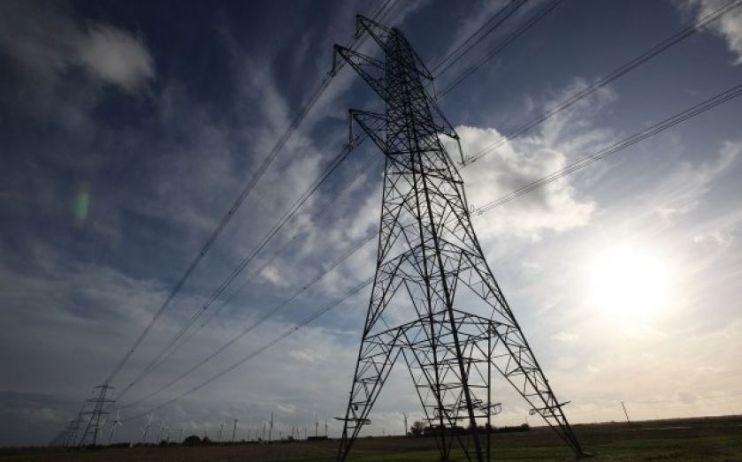Lack of government strategy putting UK decarbonisation goals at risk, NAO warns

The government lacks a delivery plan for all electricity to be generated through clean energy sources by 2035, the National Audit Office (NAO) has warned.
The public spending watchdog fears a lack of strategy from the department for energy security and net zero (DESNZ) risks jeopardising confidence in the renewables sector and the government’s ability to decarbonise the power sector.
DESNZ’s predecessor BEIS had internally planned to have established a clear pathway to decarbonisation for 2035 by October 2022.
However, the government has instead been focusing on the energy crisis and tackling record energy bills, which has pushed back the release of any strategy.
The NAO has called for a step-change in the pace of private investment – noting that the government estimated in its net zero review that £280bn to £400bn of spending would be needed to generate the required new capacity.
This hefty total only accounts for construction costs relating to power generation and does not include costs for all aspects of decarbonising electricity production, such as network construction or research and innovation on technologies.
With the government’s own net zero strategy predicting a 60 per cent increase in electricity demand − due to modes of transport and heating in buildings switching to electricity from fossil fuels − decarbonising electricity has become the backbone of the government’s 2019 plan to achieve net zero greenhouse gas emissions by 2050.
Switching to clean electricity generation has also increasingly become part of the government’s plan to ensure there is an affordable and secure domestic energy supply in response to the disruption to international gas supplies that has followed Russia’s invasion of Ukraine.
NAO fears renewable energy challenges
The NAO report sets out the challenges of further emissions reductions, highlighting that the government’s ambitions for the expansion of offshore wind, solar and nuclear power will require much faster deployment rates than have previously been achieved.
For instance, DESNZ will need to oversee the deployment of nearly three times as much offshore wind capacity in eight years as it has in the last two decades to meet its goal of achieving 50 gigawatts (GW) of offshore wind by 2030.
The NAO recommends that DESNZ needs to set clear measures of overall progress with interim milestones and that these should be reported annually to parliament, along with an explanation of how this performance information has been used to determine any significant changes to its overall plan.
Gareth Davies, head of the NAO, said: “It is understandable that DESNZ and its predecessor BEIS has focused on dealing with the immediate energy crisis over the past 12 months. But one consequence of this is that it lacks a delivery plan for decarbonising power by 2035, which is the backbone of its broader net zero ambition.
“The longer DESNZ goes without a critical path that brings together different aspects of power decarbonisation, the higher the risk that it does not achieve its ambitions, or it does so at a greater than necessary cost to taxpayers and consumers.”
When approached for comment, the government confirmed it welcomed the NAO report and will consider their recommendations.
It argued that since publishing the Net Zero Strategy in October 2021, economic conditions have changed significantly, due primarily to the Russian invasion of Ukraine – with energy bills at near all-time highs.
A DESNZ spokesperson said: “Since the energy crisis caused by Putin’s illegal invasion our focus has been on delivering essential cost of living support, including paying half a typical household’s energy bills this winter, because this is the primary focus for families across the country.
“At the same time, the UK is decarbonising faster than any other G7 country, having cut our emissions by 48 per cent between 1990 and 2021. Building on this progress, we have launched world-leading blueprints, such as our British Energy Security and net zero Strategies, with many plans already implemented to ensure we are on track to achieve our 2050 net zero target.
“Our targets are ambitious, however we haven’t taken our foot off the pedal and our commitment to decarbonise the UK’s electricity system by 2035 remains resolute.”